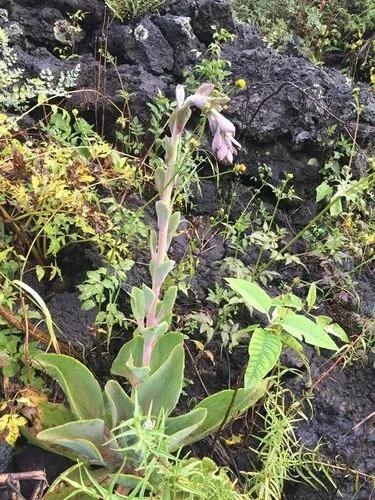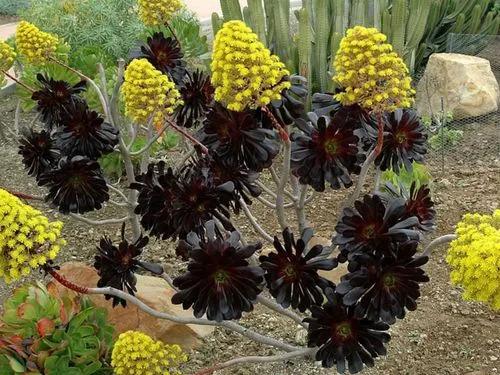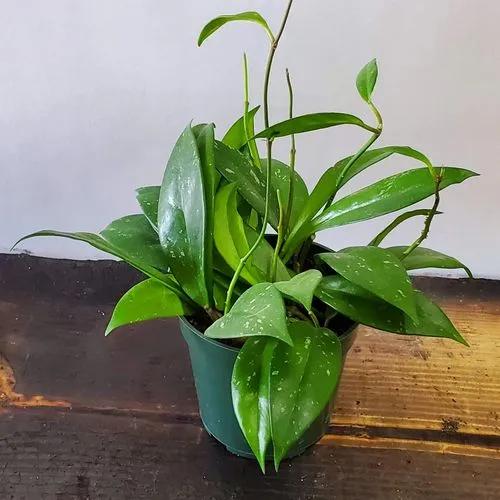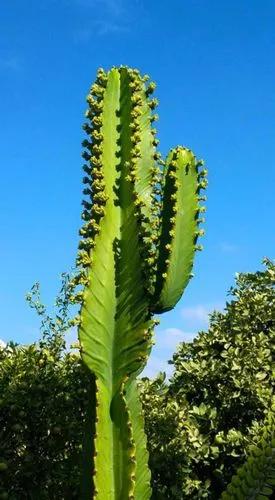Lapidaria is a monotypic genus of dwarf succulent plants in the family Aizoaceae. The only species it contains is Lapidaria margaretae, also known as the Karoo rose.
Lapidaria margaretae Care
Lapidaria margaretae
Other names: Kangaroo Rose, Mesembs



The lapidaria margaretae is closely related to the Aizoaceae family and resembles succulent plants like Schwantesia and Lithops plants. It is native to areas of South Africa such as southern Namibia around Warmbad and Northern Cape areas and is associated with dry, arid regions which receive minimal to no rainfall throughout the year. Common names of this rare succulent include Karoo Rose, Kangaroo Rose and Mesembs. The leaves of the plant are around 0.8” inches long and 0.4” inches wide and are stone-shaped with short internodes growing in leaf pairs resulting in compact heads. This type of growth is why the plant often called a living stone. They are greyish white or pinkish and the colors become paler towards the base of the leaf paler.
How to Care for the Plant

Water

Water during the growing season about once every one-two weeks (depending on the humidity of the air) like a cactus and then leave it to drain well and to dry out completely before watering again. If in doubt, don't water, you are very unlikely to kill it from underwatering.

Fertilizer

If you are using fertilizer, a loam-based compost is recommended.

Sunlight

The lapidaria thrives in full sun throughout the year and will grow very well at any time of the year in warm sunny light conditions.

Soil

The lapidaria grows in white quartz, red sand, and loose stone or even perlite. It grows best when grown at a northeast-facing angle and may be planted in tandem with other succulents such as the Lithops. Well-drained soil is best.

Temperature

The plant is quite hardy and has a tolerance to frost to a temperature of 25°F (−4°C) for short periods but their preferred temperature is around 59°F (15°C).

Container

Choose any type of container with enough drainage holes if planting inside.

Popularity

29 people already have this plant 15 people have added this plant to their wishlists
Discover more plants with the list below
Popular articles






